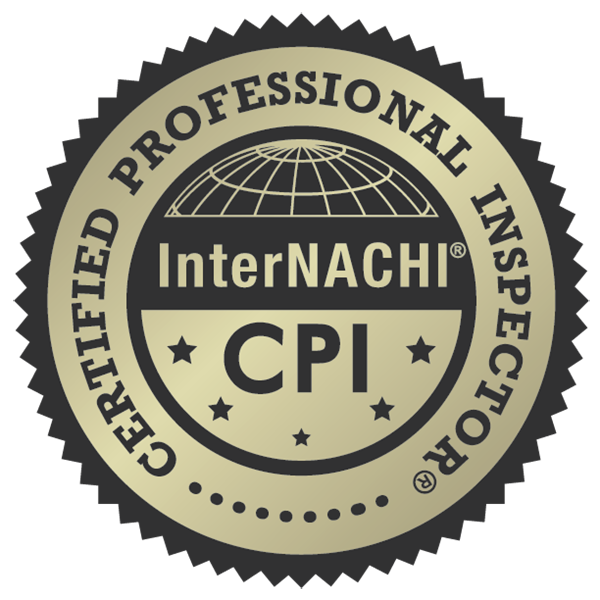
Protect your investment with our experience
A home inspection is a critical step to protect your investment and ensure you have a complete picture of a property's condition. It is an objective, professional analysis that can expose major hidden issues, reveal safety hazards, and provide valuable leverage during negotiation
Our Services
A buyer's home inspection is a professional non invasive assessment of a properties condition.
A home inspection is a crucial step in the homebuying process for several reasons:
Avoids costly surprises. A home inspection can uncover significant, hidden problems that are not obvious during a casual walkthrough, such as foundation issues, faulty wiring, or a leaky roof. Discovering these issues upfront can save the buyer from expensive repairs down the line.
Provides negotiation leverage. If the inspection report reveals major problems, the buyer can use the findings to negotiate with the seller for repairs, a reduction in the sale price, or credits at closing.
Allows for an informed decision. With a detailed report, the buyer can make a confident, well-informed decision about whether to proceed with the purchase. The report also helps set realistic expectations for the home's maintenance needs.
Offers an escape clause. Many purchase agreements include a home inspection contingency, which allows the buyer to walk away from the deal and get their earnest money back if major issues are found.
Ensures health and safety. Inspectors check for safety hazards like faulty wiring, unsafe gas connections, and structural issues. Fixing these protects the well-being of the home's future occupants.
For sellers, a pre-listing inspection can provide several significant advantages:
Avoids surprises. By discovering problems early, sellers avoid being caught off-guard by a buyer's inspection, which could lead to last-minute haggling over repairs or even a canceled contract. This allows the seller to handle any issues on their own terms and timeline.
Controls the repair process. A pre-listing inspection gives the seller the opportunity to address any major issues before the property is listed. The seller can hire their own contractors, shop around for competitive bids, and schedule repairs without the pressure of a looming closing date.
Offers transparency to buyers. Providing a pre-listing inspection report upfront shows buyers that the seller is transparent and confident about their home's condition. This can build trust and make the home more attractive, potentially leading to smoother negotiations and faster sales.
Helps with pricing strategy. Knowing the home's true condition allows the seller and their real estate agent to set a realistic and competitive asking price from the start. If repairs are needed, the seller can factor the cost into the price rather than facing price reductions later.
Minimizes buyer leverage. If a buyer discovers issues during their inspection, they can use them as leverage to demand a lower price or concessions. By addressing problems beforehand, a seller removes this bargaining chip from the negotiation.
Speeds up the sales process. Having an inspection report available from day one can streamline the entire transaction. Buyers may feel more comfortable making an offer and are less likely to request additional repairs that could delay the closing.
Potential legal protection. In many states, sellers are required to disclose any known material defects. A pre-listing inspection ensures the seller is fully aware of any issues, which fulfills their legal obligation and helps protect them against potential lawsuits after the sale. ribe important details like price, value, length of service, and why it’s unique. Or use these sections to showcase different key values of your products or services.
Ensures quality workmanship and protects your investment
Catch shortcuts: Even experienced builders can make mistakes or cut corners, especially with subcontractors. An inspector can identify issues such as improperly installed materials, shoddy insulation, or substandard plumbing and electrical work before they are covered up by walls and finishes.
Prevent long-term damage: An independent review can spot hidden problems that might lead to expensive repairs down the road, like poor drainage, water intrusion, or improperly sealed windows
Independent evaluation: Since the private inspector has no financial stake in the renovation's completion, their assessment is completely objective. This is a critical check and balance against potential conflicts of interest between your builder and municipal inspectors.
Serves your interests: The private inspector is hired by and accountable to you, ensuring that the work is completed to a high standard, not just the minimum required by code.
Supplements code inspections: The municipal code inspector only ensures the work meets minimum safety and building standards, and they are typically not liable for oversights. A private inspector provides a more thorough review for quality assurance.
